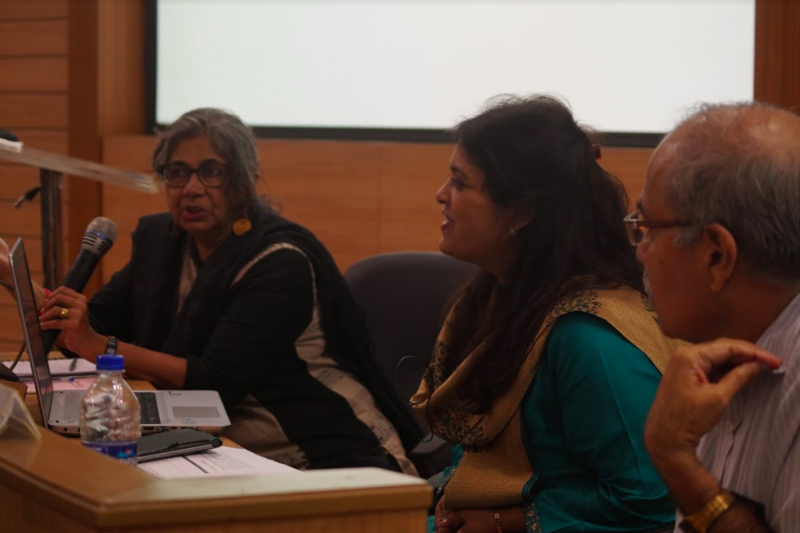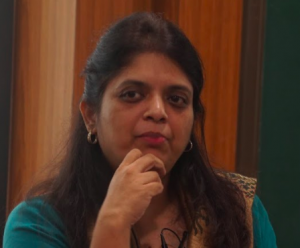

Abstract
Health policies and programmes as well as medical education follow a strong bio-medical approach to health and diseases. This approach fails to integrate an understanding of social dimensions of health, such as gender, caste, class, community, sexual orientation, and disability. Additionally, health policy and medical education have been gender blind. Rather than adopting a multi-dimensional approach, women’s health is restricted to reducing maternal mortality. The reality is that women’s health issues go beyond maternal health and there is an urgent need to recognise gender issues in communicable and non-communicable diseases, in addition to other sexual and reproductive health issues. While there is a legal mandate for health systems to respond to issues of violence against women (VAW), this finds a mention for the first time only in the 2017 National Health Policy – which also recognises gender as a social and health determinant, and calls for gender mainstreaming and gender sensitisation.
This seminar will highlight the gender gaps in health policy and medicine, and present evidence-based practices. Dr. Bhate-Deosthali will discuss the impact that the absence of gender concerns in policy and medical education has on the health of women and persons from the LGBTQI community. This will be contextualised within the preoccupation with population control, viewing women as ‘mothers’, and the privatisation of health services. Compelling evidence on the prevalence and health consequences of VAW, as well as the necessity of addressing VAW within a multi-sectoral response will be discussed. Evidence-based initiatives for gender integration in medical education and addressing VAW through health systems will be presented.
About the Speaker

Dr. Padma Bhate-Deosthali has been engaged in research, training, and policy advocacy in the areas of gender-based violence, gender in medical education, health policy research, regulation of the private health sector, and women and work with a focus on health and human rights for more than 20 years. She has several publications in various peer reviewed journals. She has worked with national and international organizations such as the WHO on creating policies and guidelines that address and respond to violence against women and intimate partner violence in low and middle-income countries. Dr. Bhate-Deosthali was a member of the National Committee for drafting the “Guidelines and Protocols for Medico-Legal Care for Victims/Survivors of Sexual Violence”, 2014 under the Ministry of Health and Family Welfare. She coordinated the setting up of a public hospital-based crisis centre on domestic violence, Dilaasa, in Mumbai.
She has a PhD from the Tata Institute of Social Sciences and her doctoral thesis was on: “Understanding Gendered Patterns of Burn Injuries and Response of Hospitals in Mumbai”, 2017.